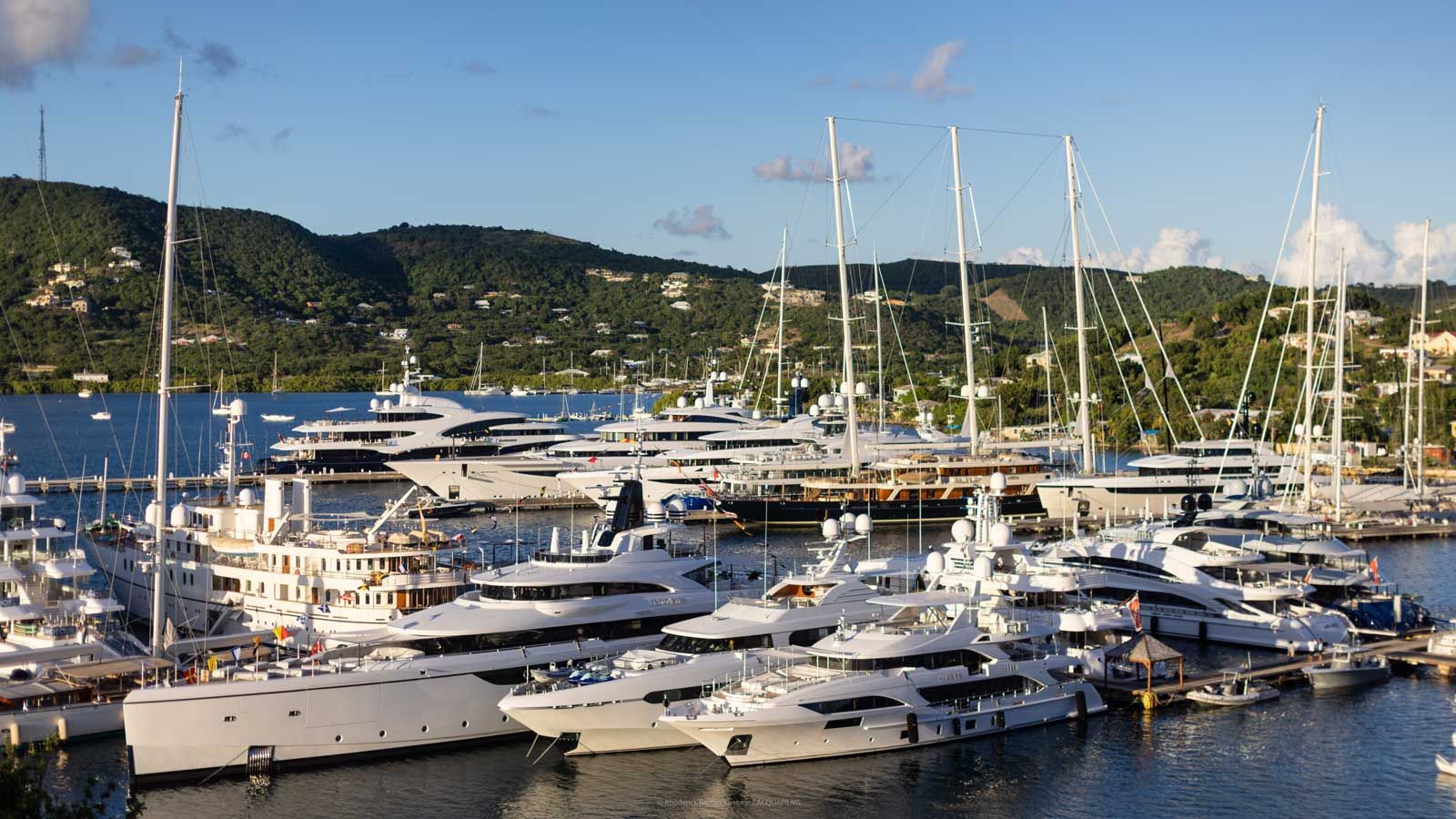The recently approved bridge project over the Messina Strait symbolizes a significant investment for Italy, propelling job creation and infrastructure development amid ongoing local controversies.
Rome has officially approved a groundbreaking €13.5 billion ($15.6 billion) plan for the world's longest suspension bridge, intended to connect the island of Sicily with Italy's mainland region of Calabria. This monumental structure, projected to span 3.3 kilometers (2.05 miles), will feature two railway lines and three lanes of traffic on either side, anchored by 400-meter (1,300 feet) high towers.
Located in one of the Mediterranean’s most seismically active regions, designers emphasize that the bridge will be engineered to withstand earthquakes. Prime Minister Giorgia Meloni regards the project as a pivotal investment for the nation, stating, “We embrace difficult challenges that make sense.” Although the project has a tumultuous history, with numerous previous attempts marred by financial, environmental, and safety concerns, she insists the current plan can materialize.
Transport Minister Matteo Salvini, Meloni's political ally, aims for the bridge's completion by 2032-2033, projecting an annual job creation of 120,000, especially in the economically challenged regions of Sicily and Calabria. Additionally, Rome seeks to categorize the bridge under military spending for NATO compliance, thus reinforcing its justification.
Despite these ambitious plans, the project must also receive validation from the Italian Court of Auditors and various environmental agencies, both at home and within the European Union. Comprehensive consultations with local residents, whose properties may be impacted, are essential, and the potential for legal challenges looms, setting the stage for further delays.
Local leaders have voiced their dissent regarding the initiative. Nicola Irto, a senator from the Democratic Party, labeled the bridge a "controversial and divisive" endeavor, asserting that it would reroute critical funding away from vital local services such as transportation infrastructure, healthcare, and educational facilities. Mayor Giusy Caminiti of Villa San Giovanni expressed concerns about adverse impacts on her community, emphasizing the need for more extensive dialogue.
Opposition groups, including the grassroots committee "No to the Bridge," criticized the announcement, arguing it was politically motivated rather than a well-evaluated decision. They also raised alarms about potential water consumption during construction in regions already facing drought conditions. Currently, train crossings over the Strait require ferry services for transport, a process that spans around 30 minutes.
Rome has officially approved a groundbreaking €13.5 billion ($15.6 billion) plan for the world's longest suspension bridge, intended to connect the island of Sicily with Italy's mainland region of Calabria. This monumental structure, projected to span 3.3 kilometers (2.05 miles), will feature two railway lines and three lanes of traffic on either side, anchored by 400-meter (1,300 feet) high towers.
Located in one of the Mediterranean’s most seismically active regions, designers emphasize that the bridge will be engineered to withstand earthquakes. Prime Minister Giorgia Meloni regards the project as a pivotal investment for the nation, stating, “We embrace difficult challenges that make sense.” Although the project has a tumultuous history, with numerous previous attempts marred by financial, environmental, and safety concerns, she insists the current plan can materialize.
Transport Minister Matteo Salvini, Meloni's political ally, aims for the bridge's completion by 2032-2033, projecting an annual job creation of 120,000, especially in the economically challenged regions of Sicily and Calabria. Additionally, Rome seeks to categorize the bridge under military spending for NATO compliance, thus reinforcing its justification.
Despite these ambitious plans, the project must also receive validation from the Italian Court of Auditors and various environmental agencies, both at home and within the European Union. Comprehensive consultations with local residents, whose properties may be impacted, are essential, and the potential for legal challenges looms, setting the stage for further delays.
Local leaders have voiced their dissent regarding the initiative. Nicola Irto, a senator from the Democratic Party, labeled the bridge a "controversial and divisive" endeavor, asserting that it would reroute critical funding away from vital local services such as transportation infrastructure, healthcare, and educational facilities. Mayor Giusy Caminiti of Villa San Giovanni expressed concerns about adverse impacts on her community, emphasizing the need for more extensive dialogue.
Opposition groups, including the grassroots committee "No to the Bridge," criticized the announcement, arguing it was politically motivated rather than a well-evaluated decision. They also raised alarms about potential water consumption during construction in regions already facing drought conditions. Currently, train crossings over the Strait require ferry services for transport, a process that spans around 30 minutes.



















